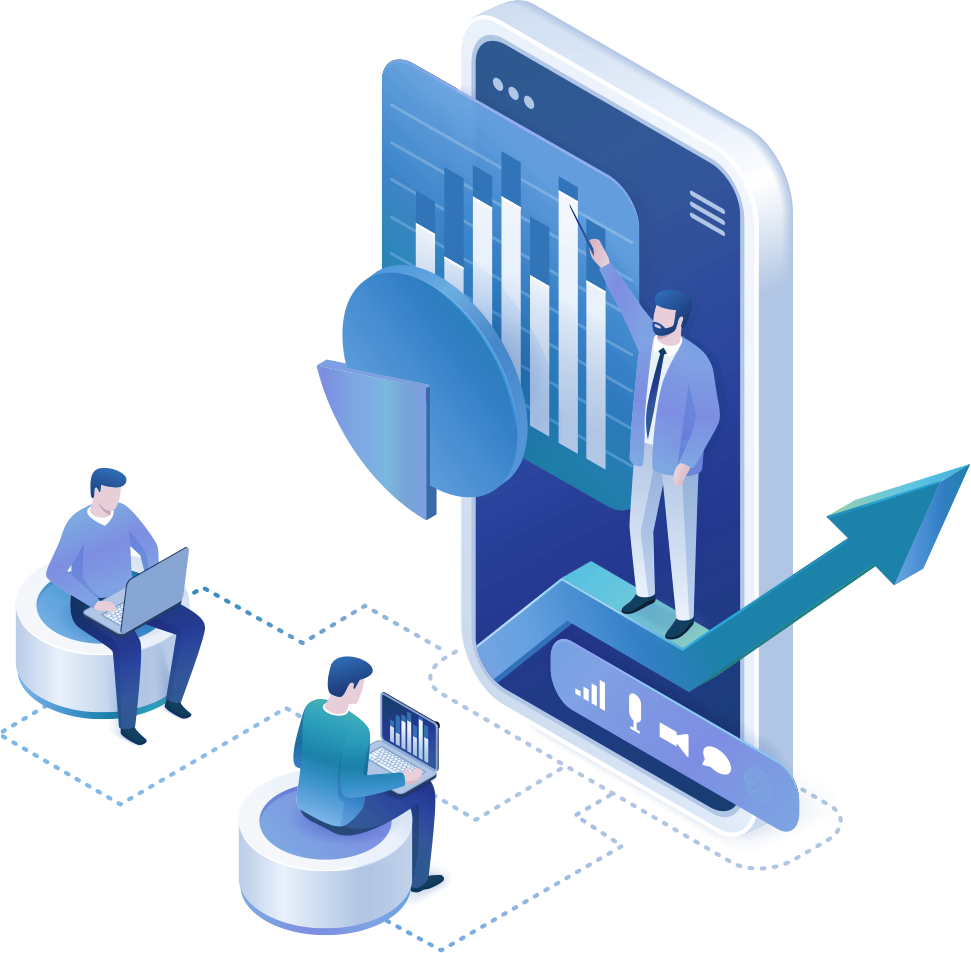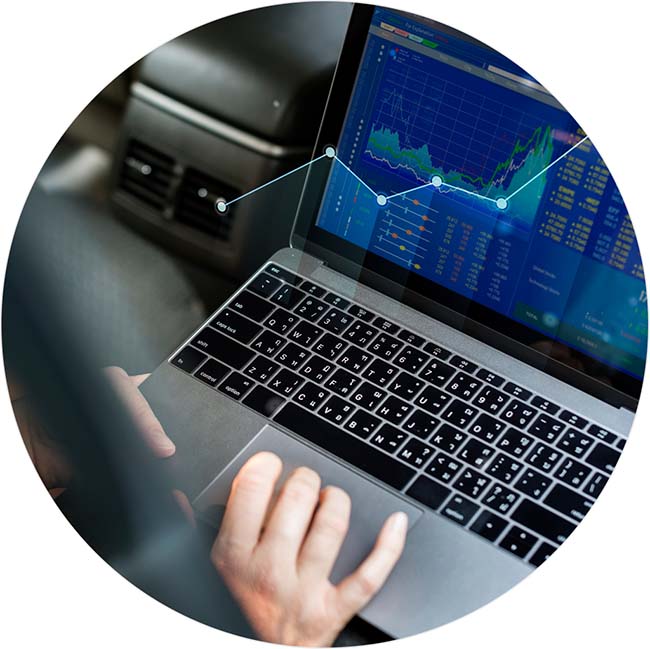







Depending on who you ask, there are varying definitions of what constitutes a successful forex trader and investor. Some believe that a professional trader is employed to trade, perhaps at a bank, broker or investment company.
* Risk Warning: Trading in forex and CFDs could lead to a loss of your invested capital.

* Risk Warning: Trading in forex and CFDs could lead to a loss of your invested capital.

Where to Begin Trading And Investing
In many cases, those employed to trade at an investment firm are only responsible for placing trades under specific conditions that the company clearly defines. Other sources may consider a professional trader as someone highly skilled and consistently profitable; others will define a professional as someone whose full-time job and primary source of income will come from trading the forex market.
A profession is a paid occupation that involves specific skills and knowledge that can take years to be acquired. Being professional is associated with knowledge and skills required to undertake the profession. Anyone can become a successful trader without necessarily being a professional.
Like any skilled profession, becoming a full-time or part-time forex trader will require you to master the financial markets. In the sections that follow, we shall explore what becoming a successful forex trader entails.
Risk Management
Risk management is a cornerstone principle of investing. Many inexperienced traders focus exclusively on making a profit, whereas an experienced trader will see two critical objectives; achieve profits and limit losses.
If you cannot control your losses carefully, it really doesn’t matter how much money you make, because eventually, you will lose it. Successful traders pay a lot of attention towards their risk to reward ratios and position sizes.
* Risk Warning: Trading in forex and CFDs could lead to a loss of your invested capital.
How To Analyse Markets
Before you can place a forex trade, you need to have a prediction and experienced traders but a lot of emphasis towards this part of trading. Without a specific plan of attack, you are simply gambling on whether you will make money, or not. Luck should never be a component of your decision-making criteria.
When placing a forex trade, you need to predict more than just whether the market will go up or down. Traders use different types of analysis to design what is known as trade setups. A trade setup predicts which direction the market will head, at what price the order should be opened, and the target to exit the position. When opening a trade, you need to decide where to place a take-profit, which is where the trade has succeeded, and the position should be closed profitably. You also need to decide at which point the trade has failed and should be closed to prevent any additional losses.
Traders use a variety of techniques to define precisely when to open and close positions. The categories of market analysis used by most forex traders are technical, fundamental and sentiment analysis. Each type of analysis can be combined to draw actionable conclusions about a specific financial market or security.
This website uses cookies to ensure you get the best experience on our website.